Disabled doctors and medical students exist at every level across the profession as valued and valuable members of the medical workforce, but they do not always get the support needed to enable them to thrive. Lack of disability awareness, discrimination and stigma can all have a detrimental impact on these doctors’ lives. Disability should not be a barrier to being a successful doctor.
The BMA is committed to promoting equal rights and opportunities, proactively tackling ableism and discrimination in all forms, and championing the contribution of all doctors and medical students with disabilities, long term health conditions and neurodiversity.
Disabled people in the medical profession
The BMA is working to understand and improve the experiences of disabled doctors and medical students across the profession. In 2019 we carried out a major survey looking at the experiences of disabled people studying, training and working in medicine.
Promoting disability equality in medicine
Our research identified priority areas for action to improve disability equality in medicine, which informs our ongoing policy and engagement work.
Discussing disability in the workplace
There are many reasons why telling an employer about a disability or long-term health condition can be a positive action that empowers, protects and assists disabled people in the workplace. It can also help both managers and staff to find ways to ensure that they can work effectively together.
Read our guidance
Improving access to reasonable adjustments
We provide a range of advice and guidance to help people access adjustments to support them at medical school and in the workplace.
- Disability disclosure guidance – to support organisations and doctors to make disclosures of disability sensitively.
- Reasonable adjustments guidance
- Improving access to reasonable adjustments
- Watch our webinar on making workplace adjustments for autistic and neurodivergent doctors:

- We provide key information and tips on adjustments at different stages of medical training and careers.
- Our case studies show reasonable adjustments in action and demonstrate their positive impact:
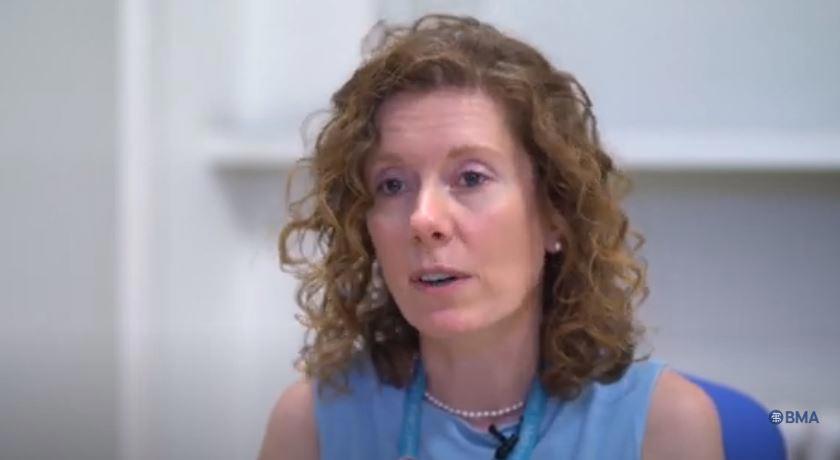
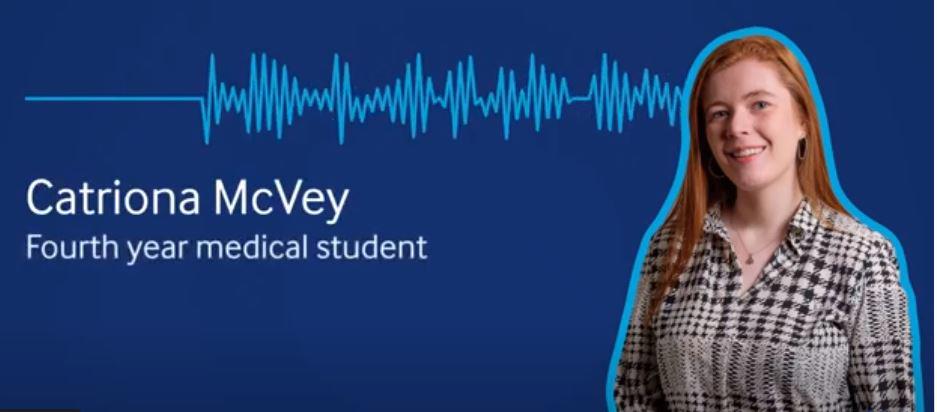
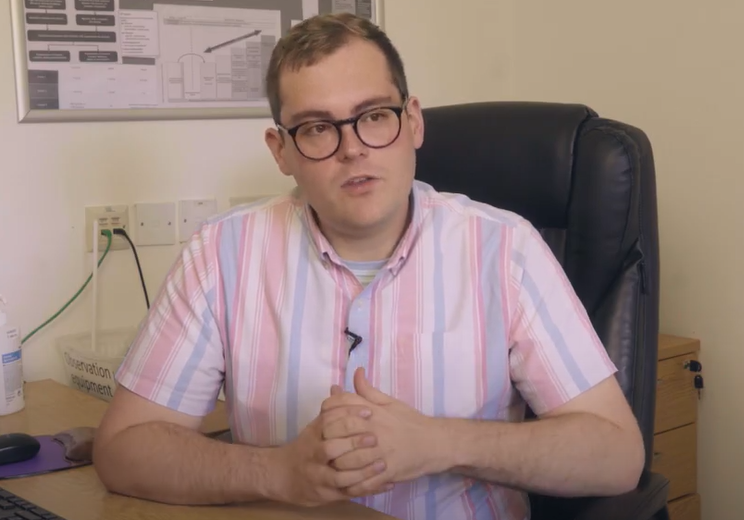
Improving access to reasonable adjustments is a top priority, but be we need to build more awareness of how this works in practice. Help support others by sharing how adjustments have worked for you. To take part, contact the Equality, Inclusion and Culture policy team via [email protected]
Raising awareness of hidden/invisible disability
We are working to improve understanding of hidden disabilities and how to ensure everyone has access to the right support.
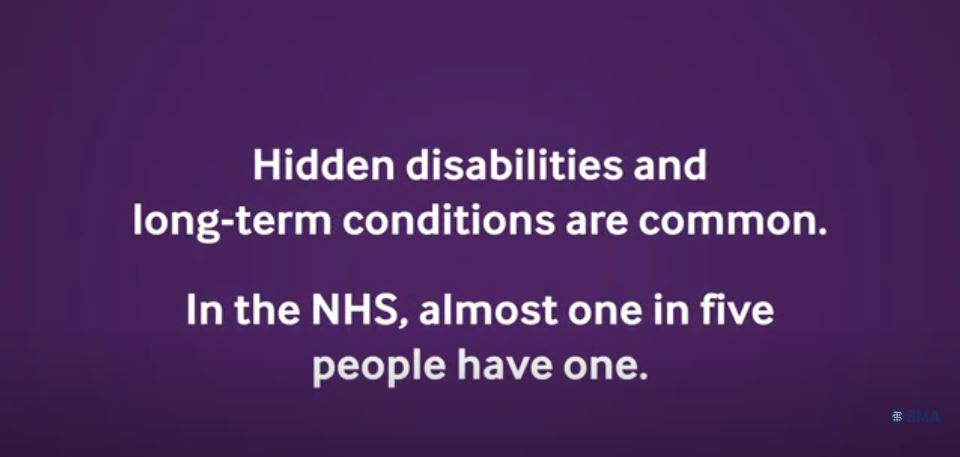
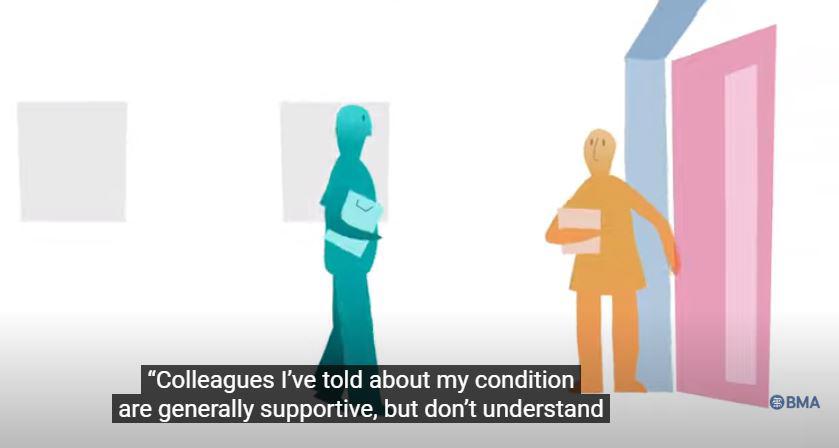
Amplifying the voices of disabled medics
We champion disabled medics as experts by experience who bring unique perspectives and insight to the profession. Learn more about their personal experiences below.
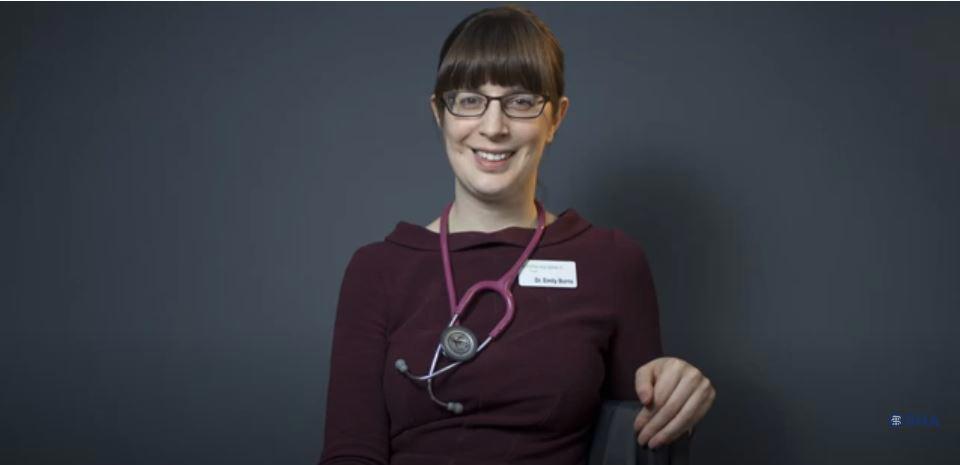
Promoting flexible working
Many disabled doctors and medical students told us they could benefit from more flexibility in their training and working patterns. Find out more about flexible working options:
- Guidance on flexible and less than full time training
- Guidance for consultants on part-time and flexible working
- Read about best practice for supporting disabled consultants as part of the BMA consultants charter
Promoting inclusivity
Watch our webinar, hosted by Dr Natasha Wilcock, on improving deaf insight in healthcare. Learn practical strategies for communicating with deaf colleagues and patients, and find out how to embed deaf-inclusive practices in your workplace. View our key guidance slide from the webinar.
Supporting you with individual issues
Our member services team works with individuals to handle issues that arise locally with your education and employment. Read about some of our most recent successes.
Improving access to peer support
The BMA DLN (disabilities, long-term conditions, and neurodiversity) network is a newly established group to champion and advance diversity across our association.








